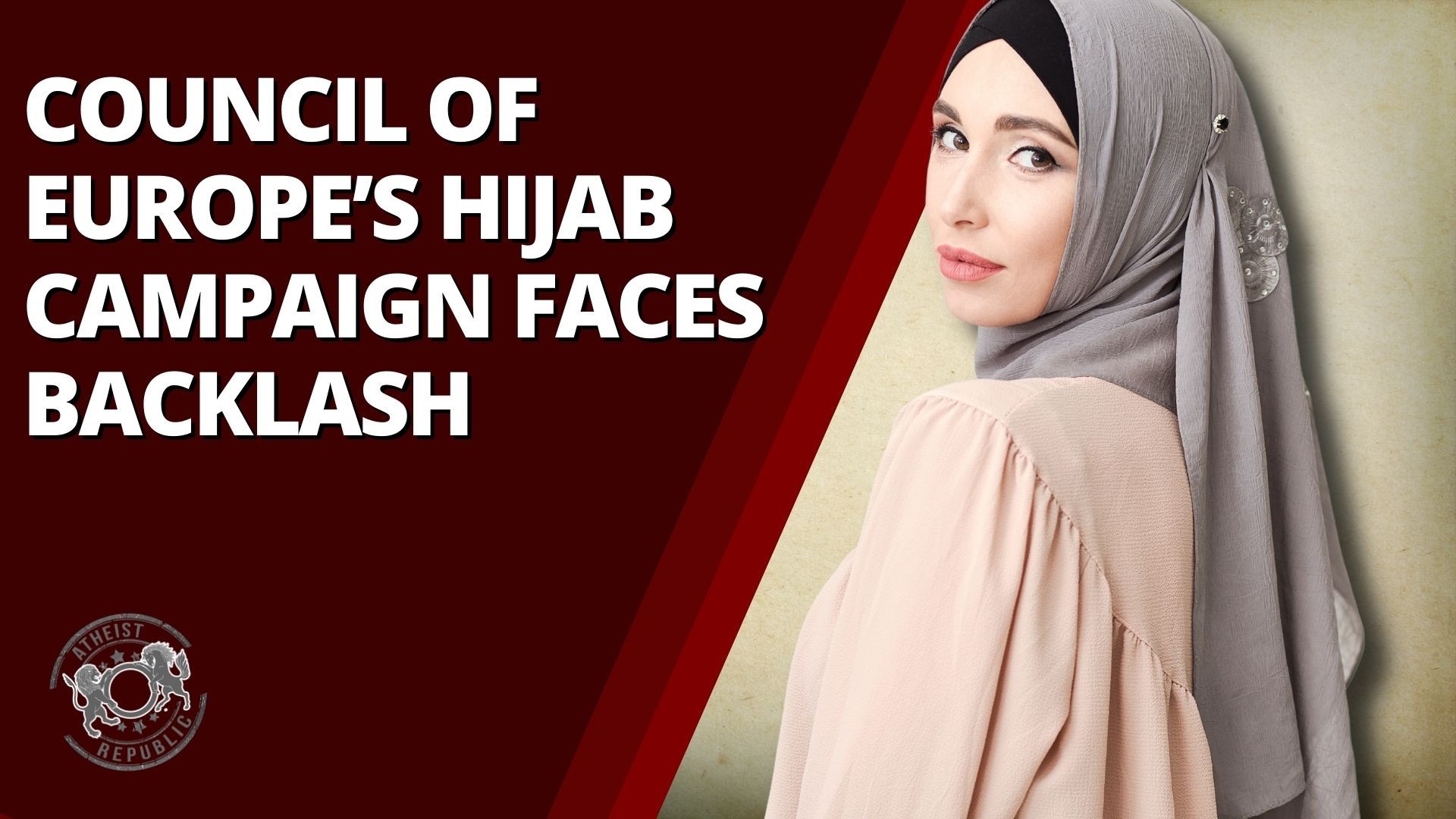
The Council of Europe (COE) pulled out ads for a campaign aimed at countering discrimination against European Muslim women who chose to wear head coverings. The Council of Europe is an inter-governmental human rights group with 47 member states. CoE also took down its Twitter post related to the campaign.
The COE developed the campaign through the efforts of Muslim youth organizations in Europe to promote respect for Muslim women amidst the increasing anti-muslim bigotry. The Forum of European Muslim Youth and Student Organizations (FEMYSO) was part of the campaign's development.
The FEMYSO defended the campaign, blaming politicians that "routinely censor and limit the freedom of speech when it doesn't fit their political agenda." The FEMYSO also stated that they also attack the campaign.
The campaign was launched through COE's Inclusion and Anti-Discrimination Programme intended to combat discrimination and inequality. The campaign was co-funded by the European Union.
Marija Pejcinovic Buric, Secretary-General of the CoE, said the statements in the campaign came from "from people who took part in one of the project's workshops." The statements do not necessarily "reflect the position of the Council of Europe," she added.
The online campaign used the hashtag #WECAN4HRS and is still being actively used on Twitter despite the CoE taking down their posts.
Online response to the campaign is varied and reveals a divided Europe when it comes to supporting hijabs and other head covering. One of the most significant points of contention is the campaign's claim that there is freedom when wearing a hijab. One Twitter user pointed out that the campaign supports a symbol of male oppression and will "most certainly confuse many women in Iran."
Hijab is not freedom. Stop pretending it is. https://t.co/olyhQmBugx #FreeFromHijab #WomensRights #hijab #WECAN4HRS "Attractive young models in full make-up declaring their joy at being able to wear this symbol of male oppression would most certainly confuse many women in Iran, _ pic.twitter.com/TXCH1TwxKI
— Fouad Boussetta IMHO (@FouadBoussetta) November 4, 2021
The most significant backlash came in France, where full-face coverings were banned in public places in 2010. France's parliament passed the bill with an overwhelming 246-1 vote.
Sarah El Hairy, the state secretary for youth of France's Ministry of Education, said the campaign needs to be "condemned and because of this France made clear its extreme disapproval." El Hairy said she was shocked to see a poster showing a split image of a woman with one side wearing a hijab. The poster says, "beauty is diversity, as freedom is in hijab."
Speaking on LCI En Direct, a French television network, El Hairy, said the campaign clashes with France's secular values.
Vidéo polémique du Conseil européen : "La France a fait part de sa désapprobation extrêmement vive, d'où le retrait de cette campagne dès aujourd'hui", annonce @sarahelhairy, Secrétaire d'État chargée de la Jeunesse et de l'Engagement, dans #RuthElkrief2022 | @ruthelkrief. pic.twitter.com/Q6AfLVrsrF
— LCI (@LCI) November 2, 2021
According to EuroNews, the campaign went unnoticed for several days until French politicians caught wind. Gabriel Attal, a spokesperson of the French government, said the campaign represented values "opposite to the freedom of belief that France defends in all European and international forums." "We must not confuse religious freedom with the promotion, de facto, of a religious sign," he added.
